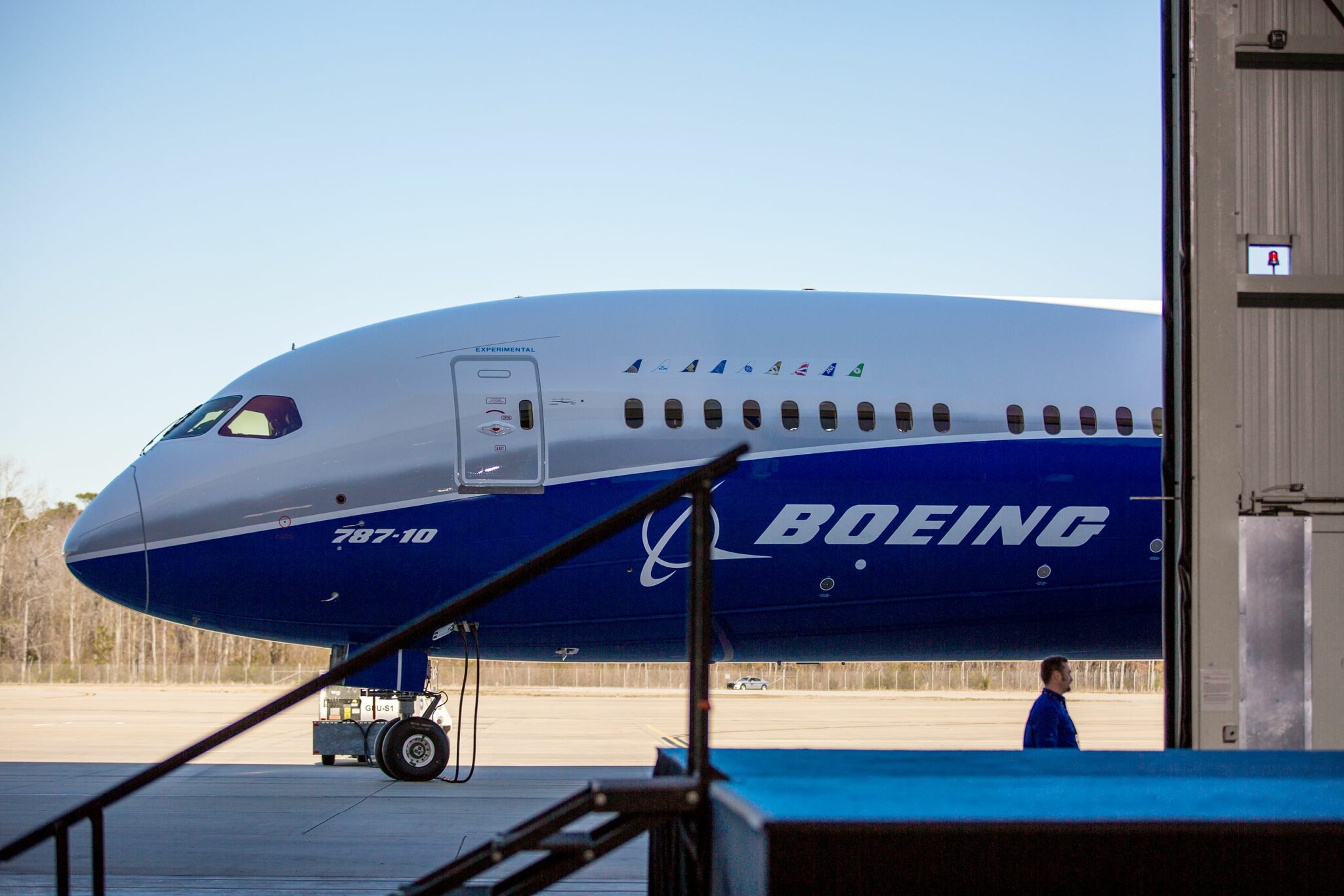Boeing has denied a report that claimed production of its 737 MAX aircraft production has fallen from 38 to 31 units per month.
Speaking to Airline Economics, a spokesperson for the company said the report was not accurate about the production rate. “The 737 programme has not reached rate 38 this year and the programme has not reduced its rate,” the person added.
They added that it was “important to note” that its machinist workers' 53-day strike ended in early November last year and that it wasn't until early December the company resumed early 737 production.
While deliveries have been strong in both January and February, the company had aircraft ready that were not delivered due to the strike.
“One thing to remember is that the airplanes that we are delivering today were airplanes that had work in process prior to the strike,” said Boeing CEO Kelly Ortberg during Barclay's 42nd Annual Industrial Select Conference in February. “We're still flushing through quite a bit of inventory. That's why we had really strong January deliveries.” He added, at the time, that February's deliveries would be “down a little bit”.
Boeing delivered 45 aircraft in January and 44 in February. The January deliveries included 40 737 MAX aircraft and February included 32 737 MAX deliveries.
The report had claimed that the supposed drop was primarily due to delays in wing manufacturing and had cited sources familiar with operations at Boeing's Renton, Washington facility.
“As we have said, our team continues to focus on production stability and quality as we methodically increase 737 production,” Boeing said in a statement.
The OEM is still contending with the US Federal Aviation Administration (FAA) imposed 38 per month production cap on its 737 MAX programme after the Flight 1282 incident in January last year. The company aims to reach “two to three months” of stability at a 38 per month rate before applying for a cap increase with the FAA, with it aiming to increase its cap to 42 per month later this year. A person familiar with the matter said they expect subsequent cap increases to follow soon after the first.

